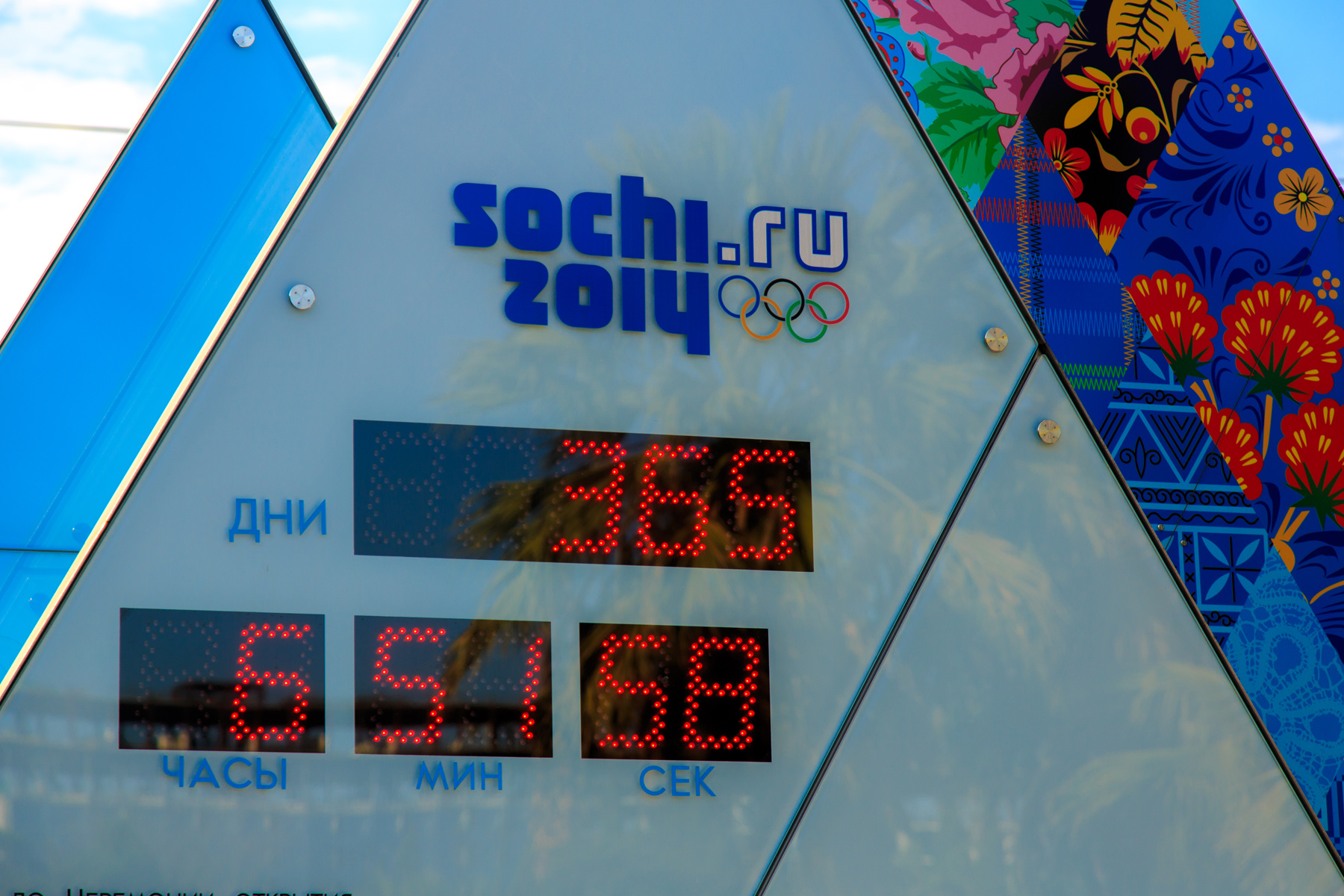
SOCHI, Russia (BP) — Vodka, boycotts and presidential statements are swirling around a new Russian law banning gay “propaganda” passed ahead of the 2014 Winter Olympics in Sochi, Russia.
At issue is a law signed by Russian President Vladimir Putin in July that outlaws the “propaganda of nontraditional sexual relations” and levies fines for holding gay pride rallies or informing minors about the gay community. Foreign violators may be thrown in jail for 15 days and then deported.
Political leaders, athletes and gay rights activists have condemned the law, with President Obama saying he had “no patience” with countries that discriminate against homosexuals.
“I think [Russia and Putin] understand that for most of the countries that participate in the Olympics, we wouldn’t tolerate gays and lesbians being treated differently,” Obama told “Tonight Show” host Jay Leno.
Some have called for a boycott of the Olympics. The Los Angeles Times reported that British actor Stephen Fry compared the law to the Nazi repression of Jews that led to a partial boycott of the 1936 Olympics in Berlin.
But Western leaders and officials, including Obama, have rejected the idea of a boycott, arguing it only hurts athletes who have worked hard to prepare.
According to the Times, British Prime Minister David Cameron said via Twitter that “we can better challenge prejudice as we attend, rather than boycotting the Winter Olympics.”
Patrick Sandusky of the U.S. Olympic Committee told AP that the only people negatively impacted by boycotts historically are the Olympic athletes.
“Past boycotts have not worked, and the USOC is not planning on boycotting these Games,” Sandusky said.
That has not stopped some gay activists from challenging the law in their own ways. AP reported that many gay bars across North America have stopped selling Russian vodka, and the Human Rights Campaign (HRC), a U.S. gay rights group, urged the International Olympic Committee (IOC) to be more forceful in its opposition to the law.
“They should be advocating for the safety of all LGBT (lesbian, gay, bisexual, transgender) people in Russia, not simply those visiting for the Olympics,” HRC President Chad Griffin told AP. “Rescinding this heinous law must be our collective goal.”
Russian Sports Minister Vitaly Muko said Aug. 9 that Russia would not yield to political pressure over its law.
“We don’t have to be afraid of threats to boycott the Olympic Games,” Mutko told the Interfax news agency, according to AP. “All sensible people understand that sports demand independence, that it is inadmissible that politics intervene.”
According to the Times, IOC President Jacques Rogge said this month that Mutko had given assurances that the law would not apply to visitors during the Winter Games. He said Aug. 9, however, that he requested “clarifications” before determining if those assurances would be sufficient.
–30–
Compiled by John Evans, a writer in Houston. Get Baptist Press headlines and breaking news on Twitter (@BaptistPress), Facebook (Facebook.com/BaptistPress ) and in your email ( baptistpress.com/SubscribeBP.asp).














